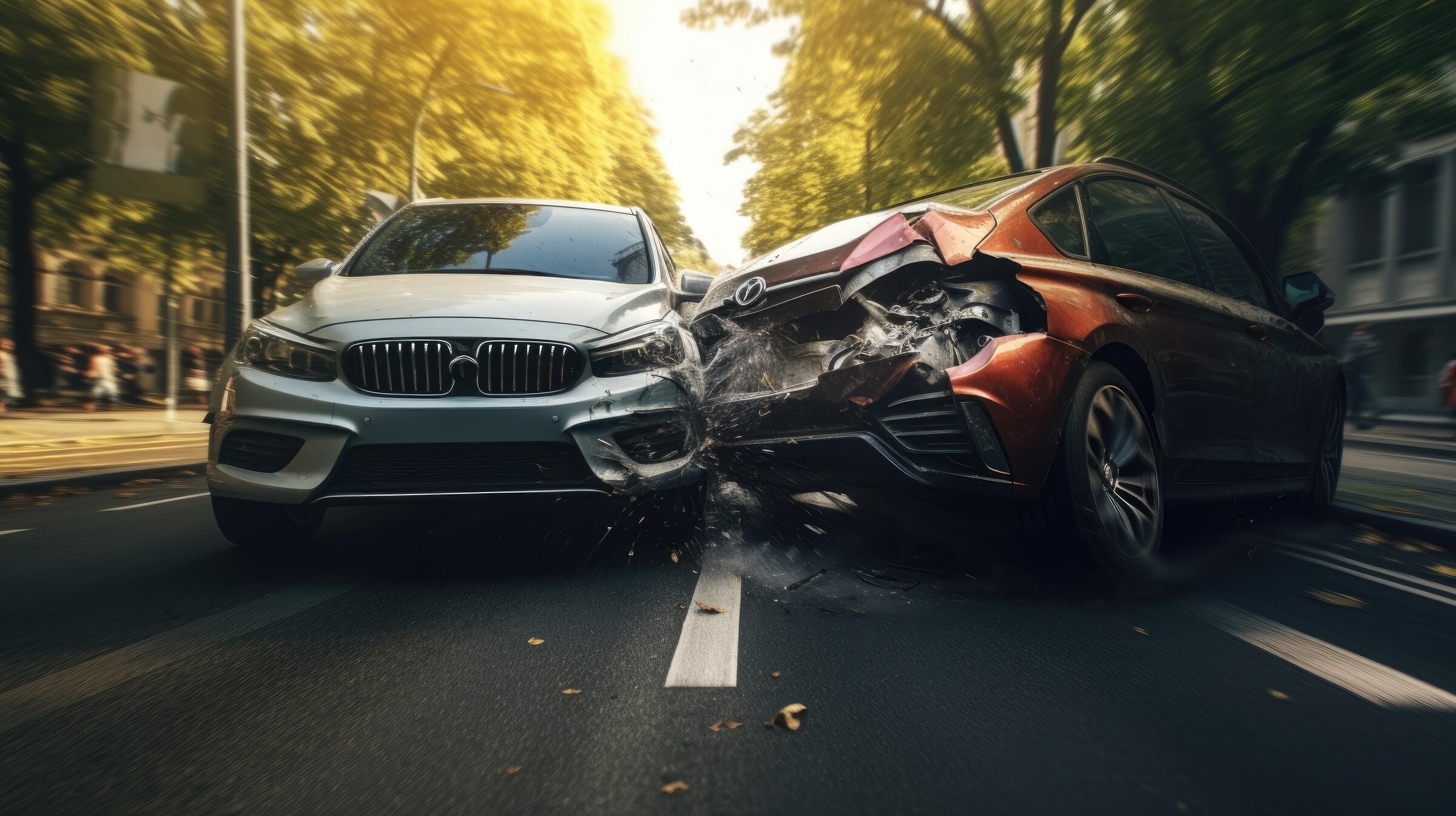
What Happens If You’re in an Accident With an Uninsured Driver?

by Erin Anderson
You do everything right — buckle up, drive safely, pay your insurance premium on time. But not everyone on the road plays by the same rules. And if you're ever in an accident caused by someone who doesn't have insurance, things can get complicated fast.
Even though nearly every state requires auto insurance, millions of drivers are still uninsured — and if one of them hits you, your recovery could depend more on your policy than theirs.
Here's what to know now, so you're not caught off guard later.
Start by Understanding What "Uninsured" Really Means
An uninsured driver is someone who doesn't have any car insurance — and yes, it's more common than you might think. But the problem isn't always obvious until after an accident happens.
In some cases, drivers may have let their policy lapse, failed to carry enough coverage, or fled the scene (which legally counts as uninsured in many states). That means their insurer — if they have one at all — likely won't pay for your damage, injuries, or lost wages.
Your Own Coverage Matters More Than Ever
This is where uninsured motorist coverage (UM or UM/UIM) comes in. It's an optional add-on in some states, and mandatory in others — and it can make all the difference.
If you have it, your policy may help pay for:
- Medical bills for you and your passengers
- Lost income if your injuries prevent you from working
- Pain and suffering or long-term rehab
- Vehicle repairs (if uninsured motorist property damage is included)
Without this coverage, you could be stuck paying out of pocket — or trying to sue the other driver, which is often a long shot if they don't have insurance to begin with.
What If You Don't Have Uninsured Motorist Coverage?
In that case, you'll be relying on the other parts of your policy. Collision coverage may help pay for damage to your car, but you'll still have to pay your deductible, and it won't help with medical expenses.
Health insurance might help cover injuries, but not lost wages or long-term effects. And if you skip both UM and collision coverage? You could be left covering everything yourself — even if the accident wasn't your fault.
How the Claims Process Works in These Cases
If you're hit by an uninsured driver, file a police report right away — it's often required to use your uninsured motorist benefits. Then contact your insurer to start a claim under your UM/UIM coverage or collision coverage, depending on what you have.
In many cases, your insurer will step in as if they're the other driver's — handling repairs, paying bills, and recovering what they can behind the scenes.
The Bottom Line
Accidents are stressful enough — and when the other driver isn't insured, things can get even more frustrating. But a little preparation now can protect you from big out-of-pocket surprises later.
Take a minute to check your current auto policy and see if uninsured motorist coverage is included. It's one of those add-ons that can quietly save you thousands — and in some cases, make the difference between a quick recovery and a financial mess.
And while you're checking your policy, it's a smart time to compare quotes, too. You might find better protection — or a lower rate — just by making a few updates.